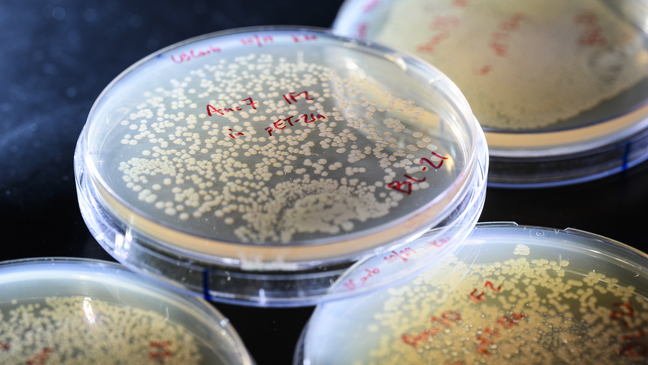By reprogramming cells with different chromosomes from the same person, an XXY male, scientists studied the bodily differences generated by sex chromosomes
Scientists are developing ways to study the human sex chromosomes, known as X and Y, and understand how they change the biology of our bodies, with more and more discoveries of features beyond the visual and physical basis. Among the more subtle effects are immune system function, disease propensity, drug reactions, and neuronal development.
- 1 in 500 men have an extra sex chromosome, according to one study
- The first complete sequencing of the human genome is performed; comprehend
The task is not easy and, with the technology currently available, it is difficult to distinguish the effects caused by genes from the effects caused by hormones, for example. A recent innovation has shed light on the matter by allowing scientists to generate XX and XY cells from the same person. With this it was possible to acquire certainties on some characteristics previously suggested by less precise studies.

What’s new in genetic science
Cell lines from men and women were previously studied, but now they come from the same person. Hormonal confounds aside, it was difficult to isolate the influences of the X and Y chromosomes from other contributions from the rest of the human genome. In general, experimental models were lacking: animals had already been studied, but never humans.
The novelty was possible thanks to a cell donor with klinefelter syndrome, a condition in which a male individual has an extra X chromosome. In the case of the person studied, the shape is even rarer, called “mosaic”, where some cells are XXYsome are XX and some are still XY.
Their white blood cells (leukocytes) were harvested and from them the scientists reprogrammed the three types of cells to become pluripotent stem cells, i.e. cells that can self-renew and turn into neurons, muscle cells and many other types. This resulted in XX and XY cells that, aside from the sex chromosomes, were genetically identical.
With experiments in such cells, several experiments already performed by science in other study models were replicated to confirm this differences in genes activated by XX or XY, For instance. Even immature versions of neurons were created from these, finding sex differences in the early stages of neural development. According to the scientists, it was reassuring to confirm the results of other analysis systems.
The past and the future of research
The work has become a validation of the idea that sexual differences they start early in human development, depending on the sex chromosomes because they are the only thing likely to generate such differences. In mice, for example, the techniques involved modifying the Y gene (Sry), which determines the formation of the testicles: by creating animals with the same sexual organs, but with different chromosomes, it was possible to isolate the effects of hormones from the genetic ones .
The possibility of further research with human cells with the new technique is very promising. Scientists already plan to repeat the tests with cells from other individuals, seeing how generalized the results can be by detecting variations in the actions of chromosomes from person to person. For now, cells cannot generate models of the complete human body or of the interactions between organs, but technologies are being developed to simulate the connections between organs on chips, and should be the future of the industry.
Source: Stem Cell Reports
Trending on Canaltech:
- Scientists find toxic metals in popular branded chocolates
- 5 reasons NOT to buy the Fiat Fastback Audace
- HBO Max Releases for the Week (12/14/2022)
- TikToker records videos of the world’s deadliest bird without being aware of the danger
- This is the Justice League’s secret weapon to stop Superman
- Kinesthesia or synesthesia? understand the difference
+The best content in your email for free. Choose your favorite Terra newsletter. Click here!
Source: Terra
Camila Luna is a writer at Gossipify, where she covers the latest movies and television series. With a passion for all things entertainment, Camila brings her unique perspective to her writing and offers readers an inside look at the industry. Camila is a graduate from the University of California, Los Angeles (UCLA) with a degree in English and is also a avid movie watcher.




